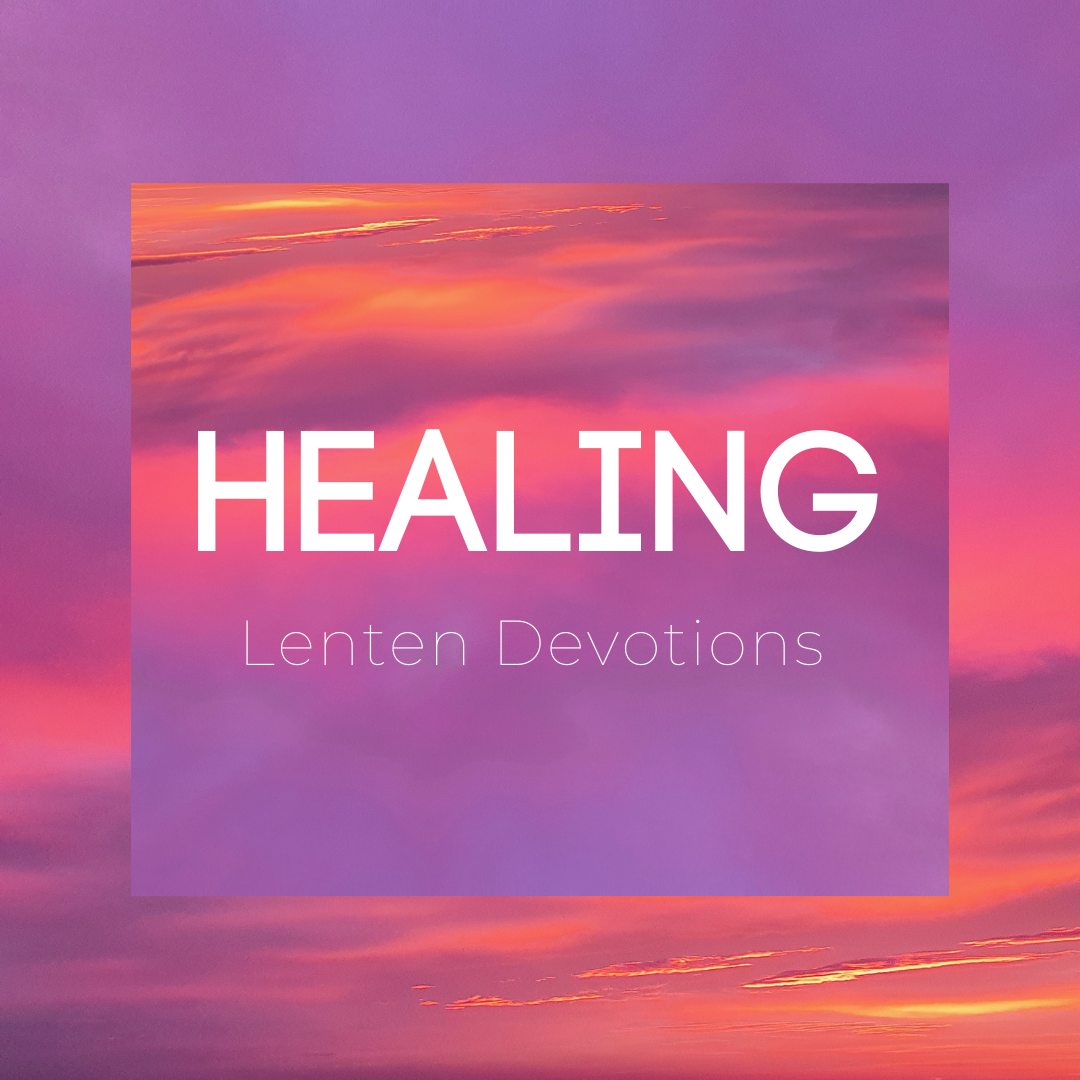
When I was in eighth grade, I broke my toe. I'll spare you the details, but it involved a 25-pound weight and a drop from about three feet. There might have been some bad words and tears involved, too. It hurt, and it was inconvenient. The break came only a few hours before a school dance—which I attended on crutches, thank you very much. I could only wear one shoe for several weeks, and it was a humbling experience to walk the halls of high school with a plastic-bag wrapped foot. There was nothing I could do to heal the bone as it stitched itself back together. All I could do was wait and manage the pain.
After several weeks, I went to the doctor for a follow up and asked for a refill of pain medication. He seemed surprised and indicated I shouldn't need those pills anymore because I should no longer be hurting. Maybe he was concerned about addiction. Maybe he didn't believe a fourteen-year-old. I'm not sure. What I do know was that it still ached and throbbed, even when it seemed to others I should be healed.
I wonder sometimes how often we dismiss the grieving of others because we think it's time for them to move on and return to normal life. Maybe it's because many of us are uncomfortable seeing others hurting or we simply can't fathom the struggle. Maybe watching others suffering dredges up memories of our own problems. It's easier to forget or ignore than it is to sit in our anguish.
Since the death of George Floyd in May 2020, there's been a lot of talk about racial reconciliation and the hard work it would take for the country to heal the divide between white people and our black brothers and sisters. As a historian, I've studied race relations for years, and a general consensus exists that the United States has not dealt with or faced the crime of slavery. Instead, we've brushed it aside as something that no longer exists. The institution was abolished in 1865, so it's been long enough. Time to move on and get back to normal. We should be over it by now. Those who are hurting are oversensitive, and they need to let it go.
Similarly, the white church has often excused or denied our role in the racial divide. It hurts to acknowledge, and it's inconvenient to change. There's disavowal and ignorance of the past and how institutionalized worship separated and divided along racial lines rather than creating a diverse family of God. South Main is taking steps to cross the gap by engaging in conversation with other churches and within our own congregation. It's a much-needed step and one I'm gratified to take with my church family.
Thankfully, my doctor listened to me when I told him I was still hurting. He had no way of experiencing the pain I felt, but he took my words seriously and offered what he could to help me heal. Likewise, I can't understand how racism feels, but I can listen to those who experience it and choose to believe them.
Angela Bell has a Ph.D. in American religious history and is a professor of history at Lone Star College-CyFair. She is a member of the Sanctuary Choir, Chamber Choir, South Main Bronze, Discovery Team, and Agape Sunday School Community. She is the proud aunt of Christian and John Wade and cat mom to Sox and Smudge.





